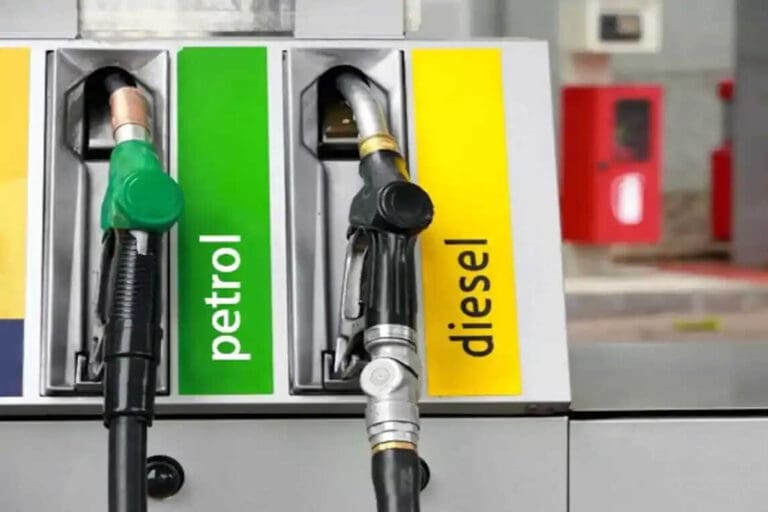The Ethiopian parliament has approved a draft proclamation aiming at regulating the trade of petroleum products across the east African country.
The legislation intends to combat smuggling, hoarding and fuel adulteration that have long disrupted Ethiopia’s petroleum distribution.
According to the report presented by Sahrela Abdulahi, Director General of the Petroleum and Energy Authority, Ethiopia has the fewest gas stations per capita in East Africa.
She attributed the shortage to unfolding disputes over land allocation and delays in regulatory approvals, which have hindered the construction of new gas stations.
Abdulahi also pointed out that existing stations are disproportionately located in areas with little economic activity that further aggravated the problem.
“This imbalance not only limits access to fuel in high-demand regions but also disrupts supply chains, affecting vital sectors like transportation and agriculture,” the spokesperson added.
Abdulahi stressed the urgency of reform, noting that nearly 500 woredas across the country lack a single gas station, leaving many communities under-served.
The newly approved proclamation will introduce stringent penalties for violations in the petroleum trading sector.
Among its key provisions, individuals repeatedly trading petroleum products outside government-set prices or mixing them with foreign substances will face imprisonment for three to five years and fines ranging from 300,000 to 500,000 birr.
Those storing petroleum products outside authorised locations, selling them outside designated areas, or using unsafe containers will have their products confiscated, the new proclamation stated.
MG/as/APA


